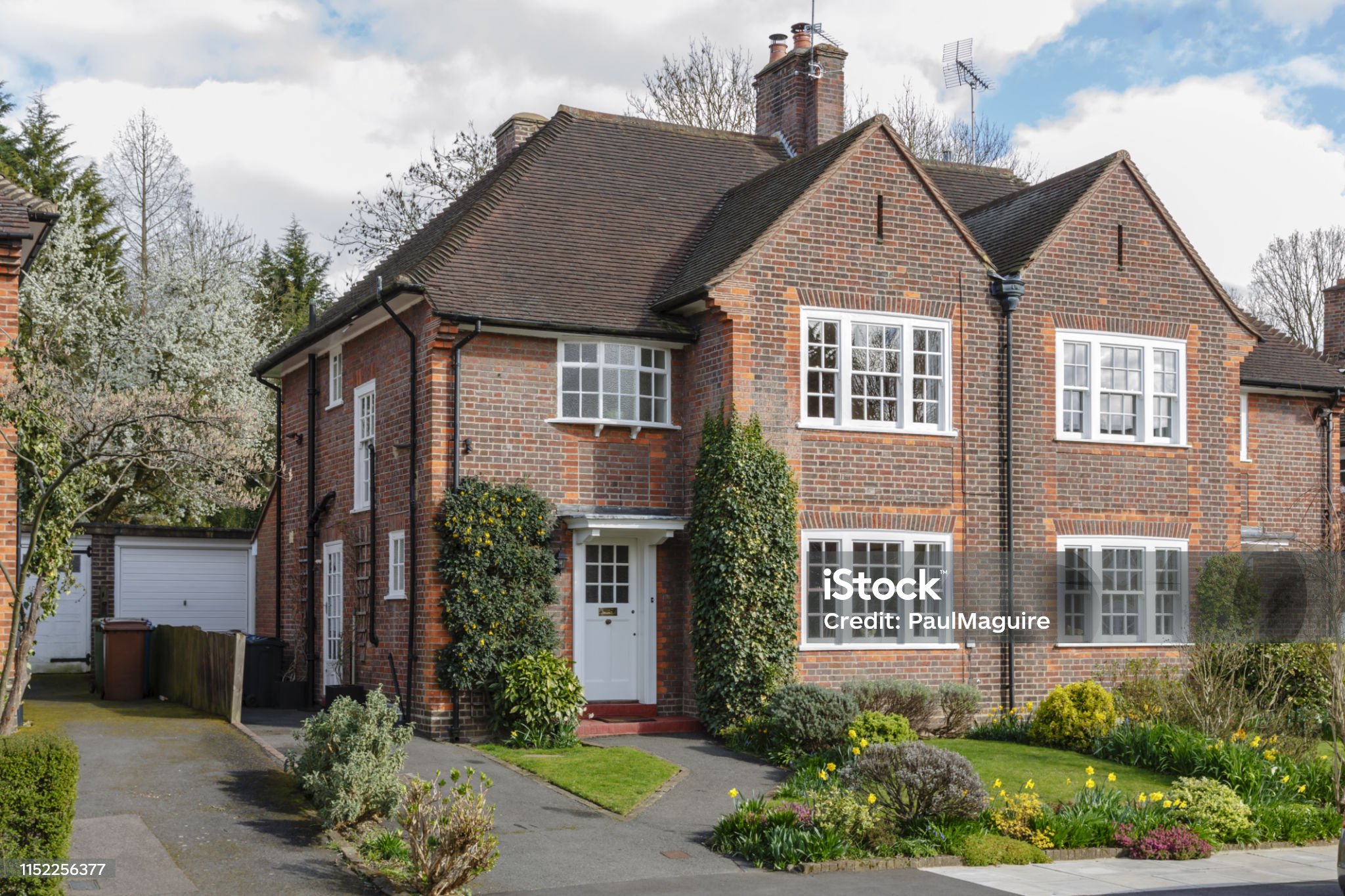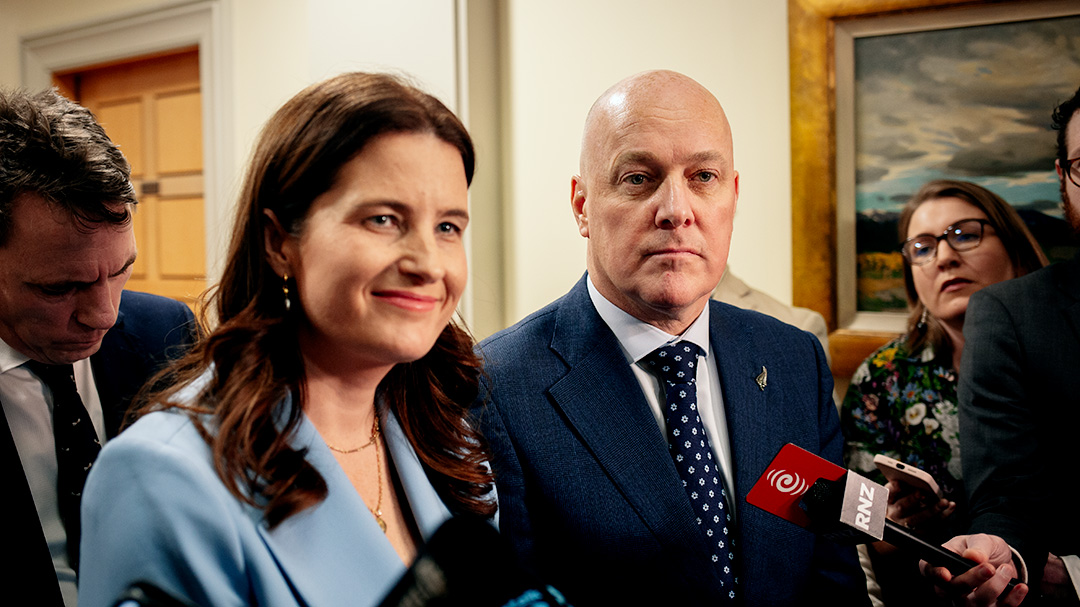About 20% of Australian households are now landlords, about 2.3 million of the 10 or so million total households. With a population of 26 million people we have 2 million landlords, while the US with 350 million only has maybe 10 million landlords.
The tax system is perverse, with "negative gearing" people who buy a second house to lease out get to count the difference between the rental income and their housing costs like mortgages as a tax deduction against all other income, meaning if you're rich enough to buy investment properties you also get to use that to lower your income tax substantially in a way nobody can with any other investments. This system strongly encourages everyone who can afford a deposit to buy extra houses rather than do some actually productive investment in something useful, and it creates a lot of house price inflation plus a political imperative to ensure house prices just keep going up forever because so many people's financial interests are directly tied to house prices.
So we have a whole generation of baby boomers who won the birth lottery with cheap housing in past decades, who have seen their pre-existing asset values massively inflate in the last 20 or 30 years or so, and then parlayed that inflated asset base into buying investment properties because it's the most profitable, lowest risk, most tax rort friendly thing to do with spare money.
That behaviour ensures prices keep rising, creates a large voting constituency for opposing density, public housing, zoning reform, tax reform, and other housing affordability measures of any kind. Hoarder brains.
And no, when they die those investment properties won't be available to current younger renters in general, they'll just become investment properties inherited by their kids specifically, who will also then simply become replacement landlords.
The tax system is perverse, with "negative gearing" people who buy a second house to lease out get to count the difference between the rental income and their housing costs like mortgages as a tax deduction against all other income, meaning if you're rich enough to buy investment properties you also get to use that to lower your income tax substantially in a way nobody can with any other investments. This system strongly encourages everyone who can afford a deposit to buy extra houses rather than do some actually productive investment in something useful, and it creates a lot of house price inflation plus a political imperative to ensure house prices just keep going up forever because so many people's financial interests are directly tied to house prices.
So we have a whole generation of baby boomers who won the birth lottery with cheap housing in past decades, who have seen their pre-existing asset values massively inflate in the last 20 or 30 years or so, and then parlayed that inflated asset base into buying investment properties because it's the most profitable, lowest risk, most tax rort friendly thing to do with spare money.
That behaviour ensures prices keep rising, creates a large voting constituency for opposing density, public housing, zoning reform, tax reform, and other housing affordability measures of any kind. Hoarder brains.
And no, when they die those investment properties won't be available to current younger renters in general, they'll just become investment properties inherited by their kids specifically, who will also then simply become replacement landlords.
Last edited:


